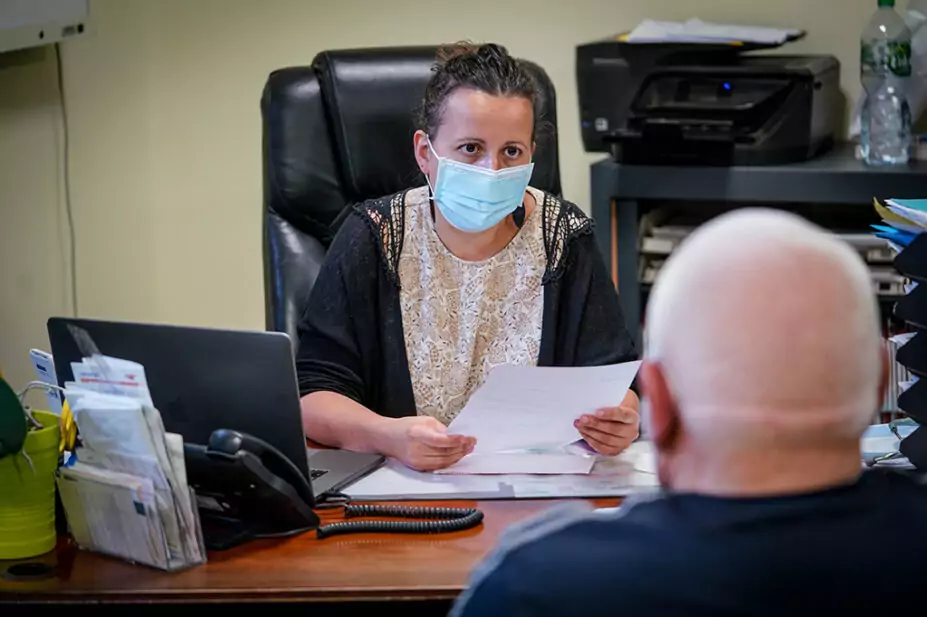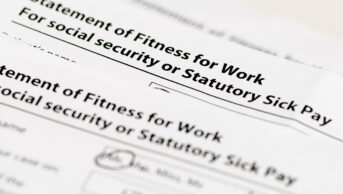
GARO / PHANIE / SCIENCE PHOTO LIBRARY
A total of £387m has been spent on pharmacists who work for primary care networks (PCNs) under the ‘Additional roles reimbursement scheme’ (ARRS), a government minister has said.
In a written parliamentary answer, published on 23 October 2023, pharmacy minister Neil O’Brien said £387m was spent between 2019/2020 and 2021/2022, representing more than 46% of the total ARRS spending of £839m during that period.
The spend does not cover advanced practitioner pharmacists or pharmacy technicians.
O’Brien said that data for ARRS spending in 2022/2023 was currently unavailable as it is “unvalidated”, adding that “NHS England has committed to review the ARRS during 2023/24”, with the work set to “cover the performance of the scheme to date and inform the government’s approach to any future support for additional clinical roles in general practice”.
The ARRS, which was announced in January 2019 as part of the five-year GP contract, has led to a rapid expansion of clinical pharmacists and pharmacy technicians working in primary care, with PCNs able to claim reimbursement for the salaries of 17 roles, including pharmacists, pharmacy technicians, physiotherapists, paramedics, occupational therapists, podiatrists, dietitians and nursing associates.
The scheme has proved controversial, with some in the pharmacy sector blaming it for creating a shortage of pharmacists in community pharmacies owing to their recruitment into PCNs.
Commenting on the money spent between 2019/2020 and 2021/2022 on ARRS pharmacists, Malcolm Harrison, chief executive of the Company Chemists’ Association, described the funding as “a staggering amount of money which has directly led to the shortfall of community pharmacists in England”.
“This money could have been invested in frontline pharmacy staff, allowing pharmacists to provide even more vital patient-facing care,” he added.
Graham Stretch, president of the Primary Care Pharmacy Association, said: “Investment in the training and integration of pharmacy professionals into primary care networks has resulted in pharmacist’s expertise being widely available for patients at the point of prescribing in general practice, [and] five years on, almost all practices in England have a well-trained pharmacist on the team improving safety and adding capacity in the multidisciplinary team.”
He added: “To suggest ARRS is the cause of workforce issues in community pharmacy is to ignore findings from surveys identifying top factors causing poor mental health and wellbeing which were inadequate staffing, lack of work/life balance, lack of training and lack of colleague/senior support.”
In October 2022, Janet Morrison, chief executive of the then Pharmaceutical Services Negotiating Committee (now Community Pharmacy England), called for recruitment of pharmacists into primary care to be stopped.
NHS Digital figures show that PCNs had recruited 5,275 pharmacists through the ARRS scheme as of September 2023, including advanced practitioner pharmacists.
The ‘NHS long-term workforce plan’, published in June 2023, said the NHS would “seek to extend the success of the ARRS”, increasing the number of non-GP staff in PCNs to “around 15,000” by 2036/2037.


